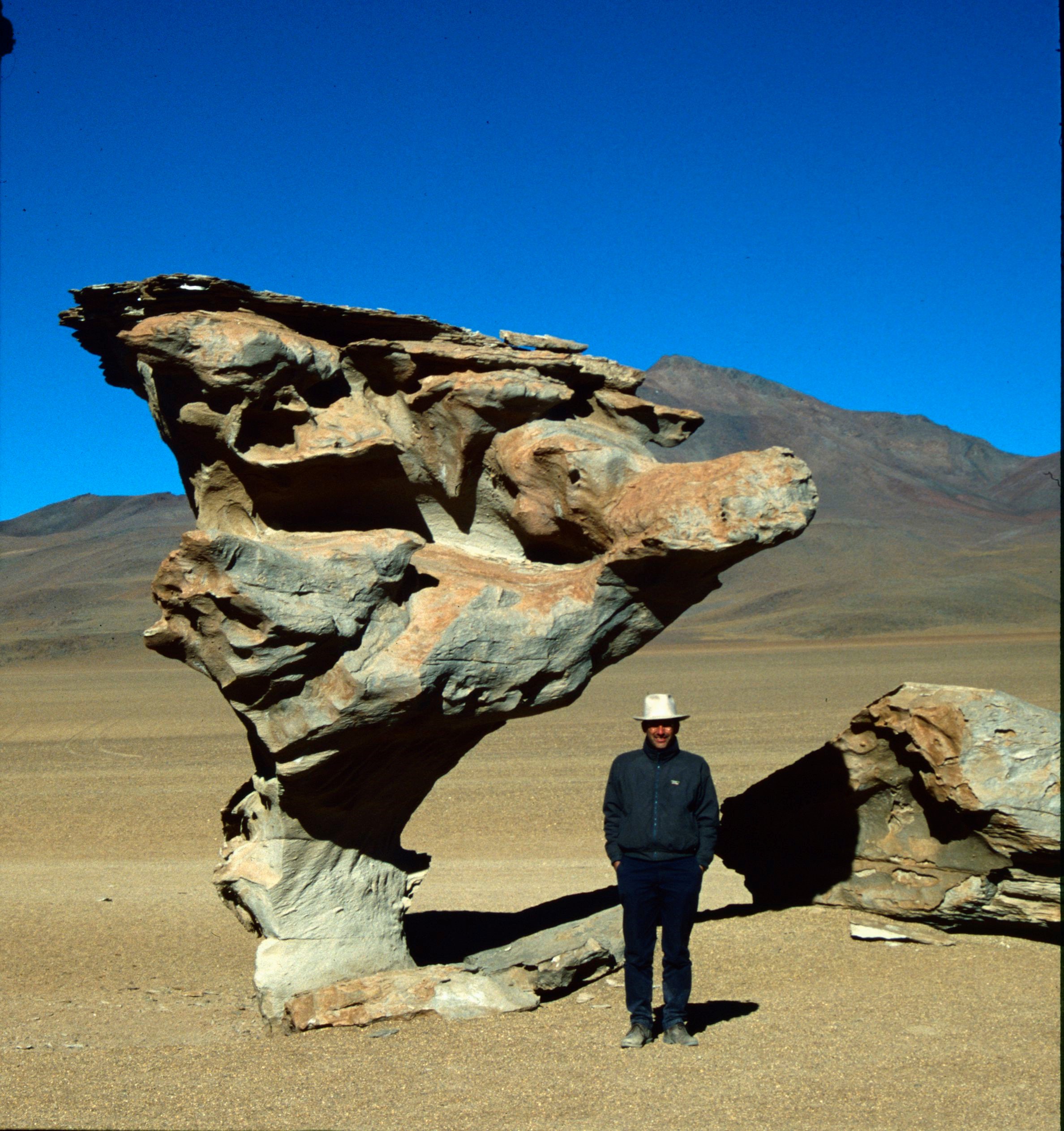Professor Jean-Paul Faguet, Programme Co-Director for Development Management, tells us what he has been up to during his sabbatical.
 Hello and happy new year from Los Andes!
Hello and happy new year from Los Andes!
I visited the University of North Carolina at Chapel Hill for a month this past Oct-Nov, where I revised “The Paradox of Land Reform, Inequality and Development in Colombia” and presented to their comparative working group, and also researched and wrote “Revolution from Below: The Rise of Local Politics and the Fall of Bolivia’s Party System”, and presented that to the Joint Duke-UNC Latin American politics working group.
In December I was in Colombia for the Universidad de los Andes-LSE International Workshop on the Future of the Peace Process in Colombia, where I organized a roundtable discussion on “Inequality and Development in the Long Run”.
This term I’ll be visiting Los Andes again in Jan-Feb, and then in Stanford this April-May co-hosting the first annual LSE-Stanford Conference on Long Range Development in Latin America. This last will become an annual event alternating between California and London (and hopefully Bogotá and Mexico) that ID research students are especially encouraged to submit papers to.
See you in the new academic year!
JP
Professor Jean-Paul Faguet works at the frontier between economics and politics, using quantitative and qualitative methods to investigate the institutions and organizational forms that underpin development. Specific fields include political economy, comparative politics, institutional economics, and development economics.






It’s nearly impossible to find knowledgeable people
on this subject, but you seem like you know what you’re talking about!
Thanks
Thanks – my colleagues and I are trying hard to generate knowledge on this topic!